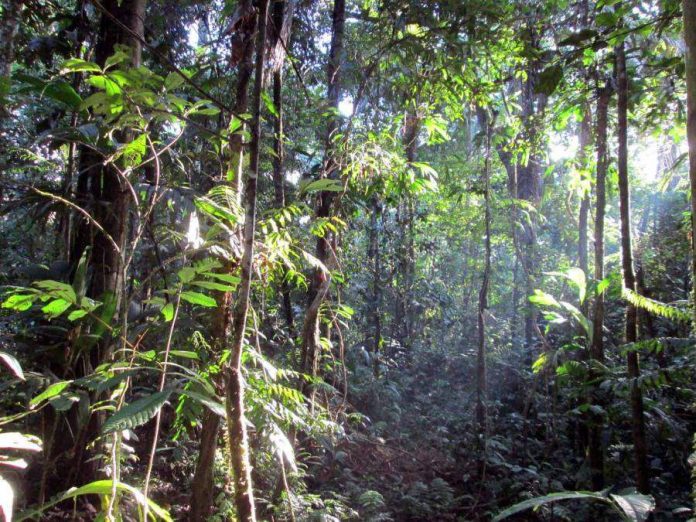Jack Putz, University of Florida professor of biology, led a team of scientists in defining and devising a practical means of preserving tropical forests and their biodiversity by allowing controlled logging that was published in the online version of the journal Conservation Letters. and reviewed at the Innovations Report web site the same day.
Putz and his team based their conclusions on a review of the data involving economic impact, environmental impact, and the effect on biodiversity of selective logging and nonselective logging in over 100 studies of tropical rain forests on three continents. The results indicate that selective logging of tropical forests retained 85 to 100 percent of the plant and animal diversity and maintained about 75 percent of their carbon in the forests.
Putz first states that “We aren’t advocates for logging.” “We’re just acknowledging that it is a reality and that within that reality, there is a way forward.” He also concedes that the studies analyzed may be overly optimistic.
The scientist’s conclusions accept the fact that logging to produce economic return in many countries is a potent source of tropical forest devastation, loss of biodiversity, and loss of carbon as it is presently practiced.
The researcher’s solution is a selective logging operation that preserves the rain forest, protects the indigenous peoples that depend on the rain forest, and still produces an economic return in countries that are seeking to improve the livelihood of the people that live around the rain forests.
Putz indicates that an economic incentive for selective logging supported by developed nations like the United States is a solution to the present logging practices that destroy rain forests forever. He notes that this solution has not been supported by governments or conservationists in the past.















